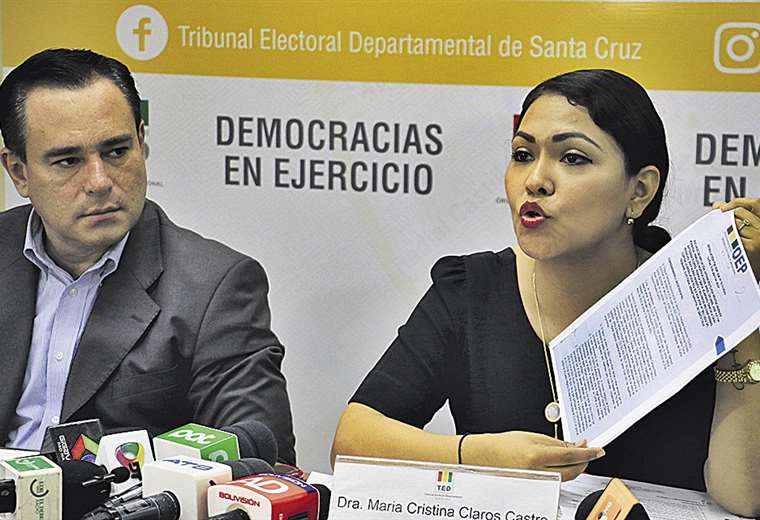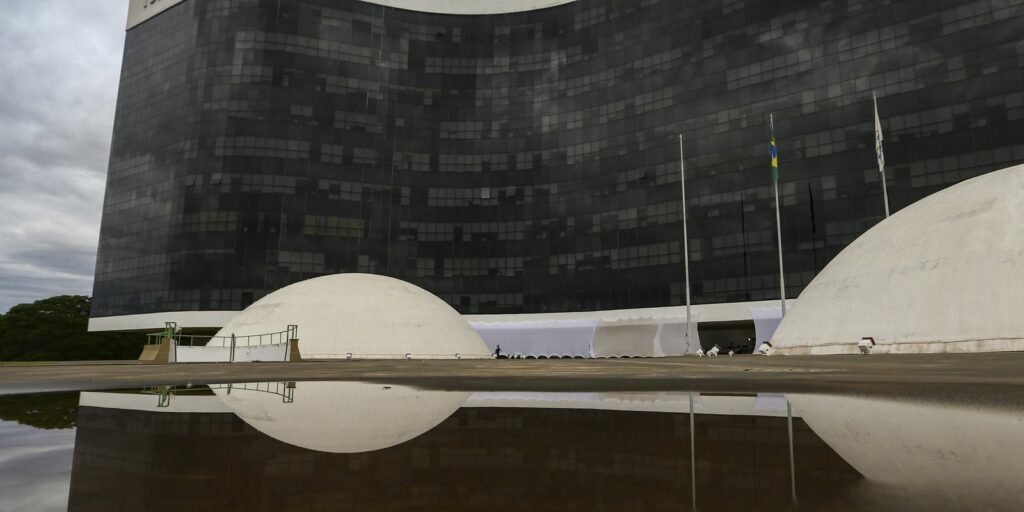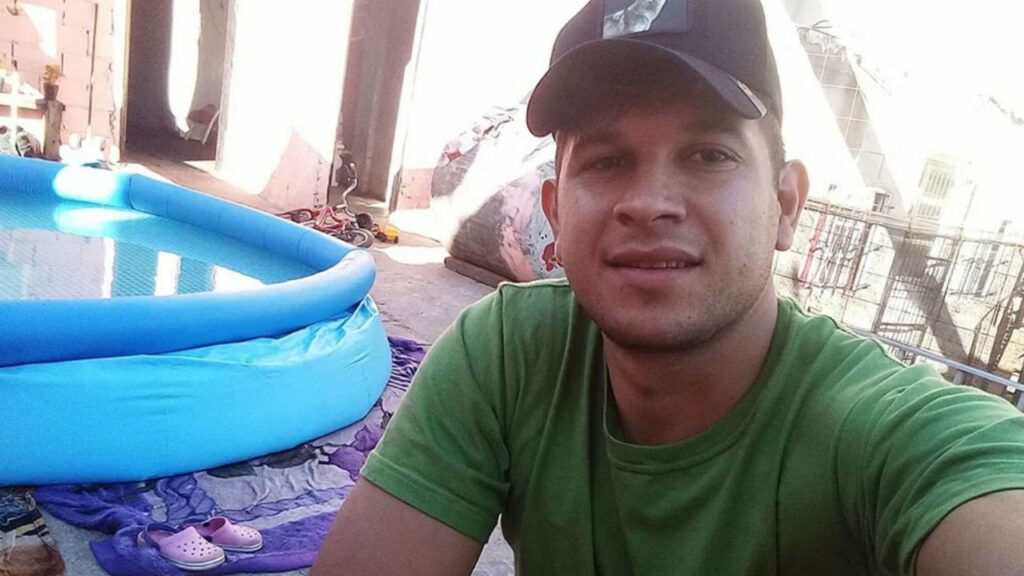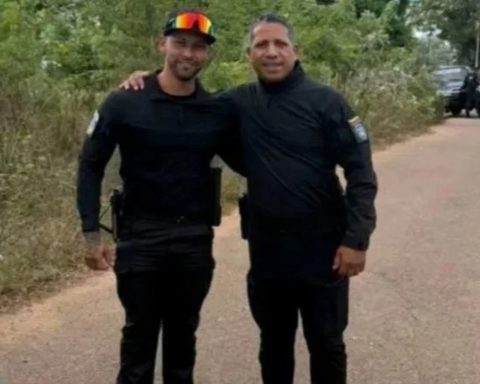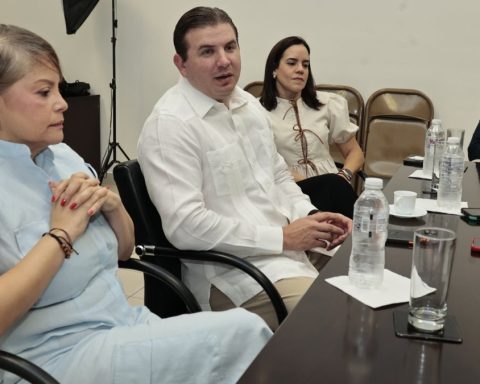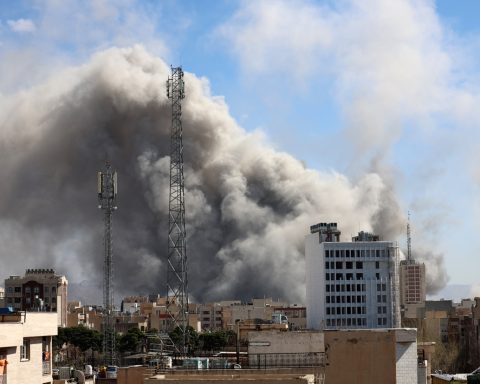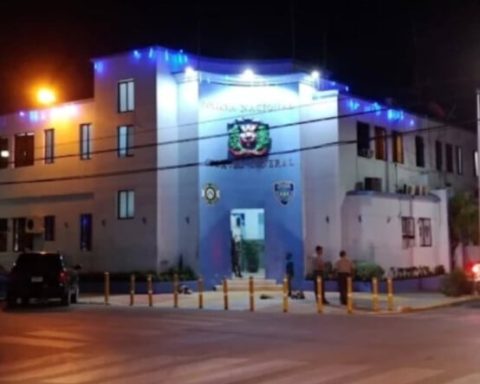February 15, 2023, 10:59 AM
February 15, 2023, 10:59 AM
The president of the Departmental Electoral Tribunal of Santa Cruz (TED), María Cristina Claros, defended yesterday the participation of her institution in the “supervision” of the revocation of the mandate of indigenous assembly member Wilson Cortez of the Yuracaré-Mojeño people.
The procedure was able to culminate on Sunday, but the assembly that was to consider the appeal failed due to an internal confrontation. This indigenous town is made up of 10 communitiess, eight of whom managed to meet on Sunday, Claros said.
This indigenous town is located in an area close to the Choré, on the border with the department of Cochabamba. This area is accessed through the Sajta river.
The Santa Cruz legislature has 28 seats and, due to the effect of the 2021 subnational elections, the correlation of forces It is almost even between MAS and Creemos. Evo Morales’s party has 11 legislators and Creemos 11, but this party achieved governance after an alliance with Alianza Solidaria Popular (Asip) and representatives of the five indigenous peoples that have seats: Ayoreo, Guaraní, Guarayo, Chiquitano and the aforementioned Yuracaré-Mojeño.
Claros said that the seat has been in dispute since 2021 and that, after several challenges resolved in the Supreme Electoral Tribunal (TSE), the resolution was issued a year ago. It happened despite the rejection of the other faction of the Yuracaré-Mojeños who accused Carlos Moye, a leader close to the MAS, who was already a departmental assembly member for that party, but in the previous administration.
At the press conference, Claros assured that the work of the Electoral Tribunal is endorsed by Article 211 of the Constitution and departmental regulations 195 that regulate elections within the framework of departmental autonomy. He clarified that there was no interference in internal decisions and that indigenous peoples apply their uses and customs for these procedures, which are not the same for those authorities elected through vote.
Claros denounced that there were at least three attacks suffered by the electoral procession which was joined by a representative of the United Nations Development Program (UNDP). “There was no interference,” insisted the electoral authority.
He revealed that another petition to revoke the mandate is underway of another indigenous representative, this time from the Guaran peopleí, and a lawsuit against the indigenous bench that is led by Roberto Urañavi, whom he accused of committing “electoral crimes.”
“The Court would not have to be present at a recall; This institution is an election observer and has no to endorse the internal procedures of indigenous peoples. Herethere is a plan promoted by the MAS”, responded Urañavi, who is also preparing a lawsuit for slander against TED.
“We have no interest in being part of the board of directors, in presiding over the Assemblya, to seize the power of the Governorate and we are going to demonstrate it”, said Assemblyman Hugo Valverde (MAS) in this regard.
